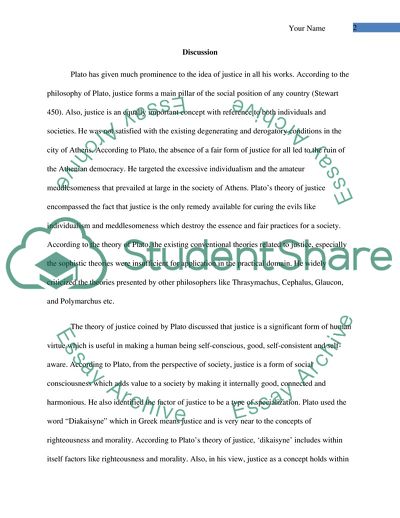Cite this document
(Justice Defined by Plato Coursework Example | Topics and Well Written Essays - 1750 words, n.d.)
Justice Defined by Plato Coursework Example | Topics and Well Written Essays - 1750 words. https://studentshare.org/philosophy/1836122-platos-definition-of-justice
Justice Defined by Plato Coursework Example | Topics and Well Written Essays - 1750 words. https://studentshare.org/philosophy/1836122-platos-definition-of-justice
(Justice Defined by Plato Coursework Example | Topics and Well Written Essays - 1750 Words)
Justice Defined by Plato Coursework Example | Topics and Well Written Essays - 1750 Words. https://studentshare.org/philosophy/1836122-platos-definition-of-justice.
Justice Defined by Plato Coursework Example | Topics and Well Written Essays - 1750 Words. https://studentshare.org/philosophy/1836122-platos-definition-of-justice.
“Justice Defined by Plato Coursework Example | Topics and Well Written Essays - 1750 Words”. https://studentshare.org/philosophy/1836122-platos-definition-of-justice.


